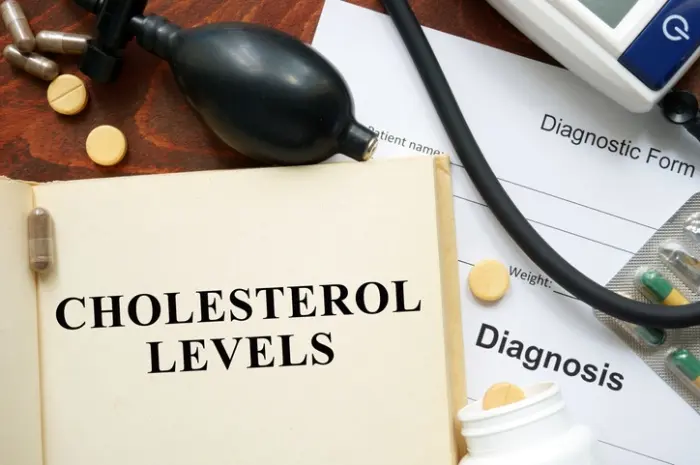High cholesterol, specifically elevated levels of low-density lipoprotein (LDL) cholesterol, is a significant risk factor for cardiovascular diseases, including heart attacks and strokes. When lifestyle changes alone are insufficient in managing cholesterol levels, medication may be prescribed.
This article aims to provide an in-depth overview of high cholesterol medication, including commonly prescribed drugs, their mechanisms of action, potential side effects, and important considerations for their use.
1. Commonly Prescribed Medications
Several classes of medications are commonly prescribed to lower cholesterol levels:
- Statins: Statins are the most widely used medications for high cholesterol. They work by inhibiting an enzyme involved in cholesterol production in the liver, thereby reducing LDL cholesterol levels. Commonly prescribed statins include atorvastatin, simvastatin, and rosuvastatin.
- Bile Acid Binding Resins: These medications bind to bile acids in the intestines, preventing their reabsorption and promoting their excretion from the body. Examples include cholestyramine and colesevelam.
- Cholesterol Absorption Inhibitors: Medications like ezetimibe work by blocking the absorption of cholesterol from the intestines, reducing LDL cholesterol levels.
- PCSK9 Inhibitors: PCSK9 inhibitors are a newer class of medications that help lower LDL cholesterol by inhibiting a protein that reduces the liver’s ability to remove LDL from the bloodstream. Examples include evolocumab and alirocumab.
- Fibrates: Fibrates primarily target triglyceride levels and may also have a modest effect on increasing HDL cholesterol levels. Fenofibrate and gemfibrozil are common fibrates.
- Niacin (Nicotinic Acid): Niacin is a B vitamin that can raise HDL cholesterol levels and lower LDL cholesterol and triglyceride levels. However, it is generally used less frequently due to its potential side effects.
- Combination Medications: In some cases, combination medications may be prescribed, which include two or more cholesterol-lowering agents in a single pill. For instance, a combination of a statin and ezetimibe is available.
2. Considerations and Side Effects
It is essential to consider various factors when initiating cholesterol-lowering medication:
- Individualized Treatment: Treatment decisions should be individualized based on factors such as overall cardiovascular risk, cholesterol levels, other medical conditions, and medication interactions.
- Potential Side Effects: Different medications can have specific side effects. Common side effects of statins include muscle pain, liver abnormalities, and gastrointestinal symptoms. Other medications may have their own side effect profiles, so it is crucial to discuss these with a healthcare provider.
- Drug Interactions: Medications used to lower cholesterol can interact with other medications, potentially affecting their effectiveness or increasing the risk of side effects.
- Pregnancy and Breastfeeding: Cholesterol-lowering medications are generally not recommended during pregnancy or breastfeeding.
- Lifestyle Modifications: Medication is typically prescribed in conjunction with lifestyle changes, including a heart-healthy diet, regular exercise, weight management, and smoking cessation.
- Regular Monitoring: Regular monitoring of cholesterol levels and liver function is often necessary to assess the effectiveness of medication and detect any potential side effects.
Conclusion
High cholesterol medication plays a crucial role in managing elevated cholesterol levels, particularly when lifestyle changes alone are insufficient. Medications like statins, bile acid binding resins, cholesterol absorption inhibitors, PCSK9 inhibitors, fibrates, and niacin can effectively lower LDL cholesterol levels and reduce the risk of cardiovascular diseases.
However, it is important to consider individual factors, potential side effects, and drug interactions when initiating medication. A comprehensive approach that combines medication with lifestyle modifications and regular monitoring is key to achieving optimal cholesterol management and overall cardiovascular health.
Consult with a healthcare provider to determine the most appropriate medication regimen for your specific needs.



